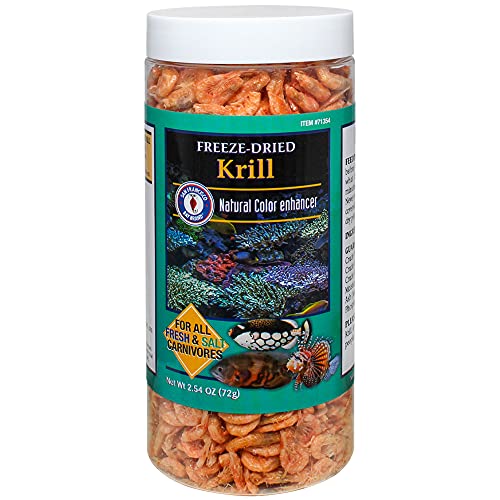You pose an interesting question, Gordonious.
Dr. Burgess put the whole hyposalinity treatment into perspective when he wrote in answer to a published letter that how hyposalinity works against the Marine Ich is to stress the parasite.
If you think in these terms, what you want to do is NOT give the parasite a chance to do any adjustment either. If you apply the logic of lowering the salinity so microbes can adjust, what prevents the parasite from making a similar adjustment? You see, you can't just apply this logic to the good guys.
There are many hidden factors and features to treatment instructions. Although the lowering of the salinity isn't carved in stone for 48 hours, it helps in eradicating the Marine Ich faster.
There are reports coming out of Asia that Marine Ich parasites are beginning to adjust to life at lower salinity. This is very bad news! :evil: Thus, I would not want to be party to encouraging these parasites to live in low saline solutions.
Since you're not in a good position to control water quality, then I'd suggest not lowering the salinity until you are ready to properly control it, rather than stretch it out. I give the above as my preference for recommending this, but, it isn't law.
Dr. Burgess put the whole hyposalinity treatment into perspective when he wrote in answer to a published letter that how hyposalinity works against the Marine Ich is to stress the parasite.
If you think in these terms, what you want to do is NOT give the parasite a chance to do any adjustment either. If you apply the logic of lowering the salinity so microbes can adjust, what prevents the parasite from making a similar adjustment? You see, you can't just apply this logic to the good guys.
There are many hidden factors and features to treatment instructions. Although the lowering of the salinity isn't carved in stone for 48 hours, it helps in eradicating the Marine Ich faster.
There are reports coming out of Asia that Marine Ich parasites are beginning to adjust to life at lower salinity. This is very bad news! :evil: Thus, I would not want to be party to encouraging these parasites to live in low saline solutions.
Since you're not in a good position to control water quality, then I'd suggest not lowering the salinity until you are ready to properly control it, rather than stretch it out. I give the above as my preference for recommending this, but, it isn't law.

































































